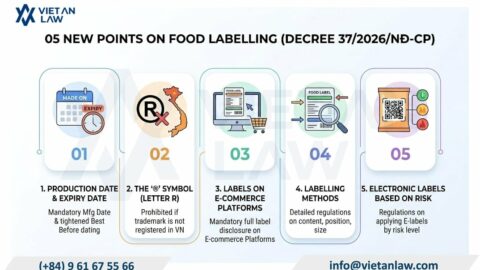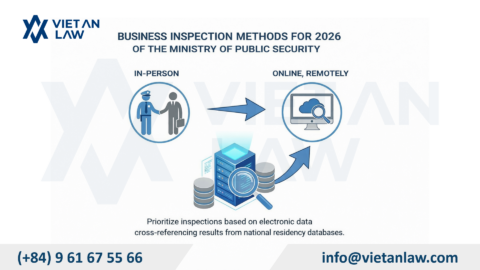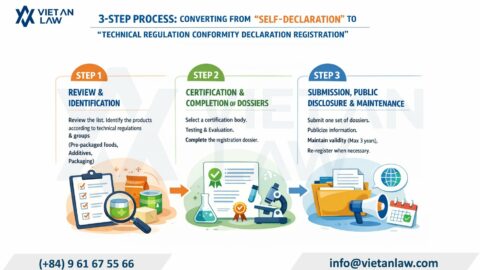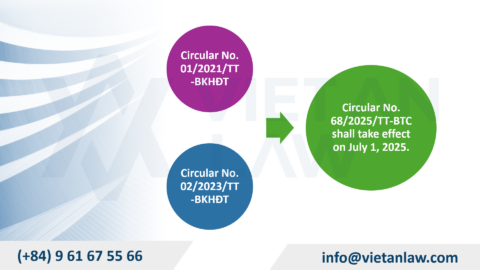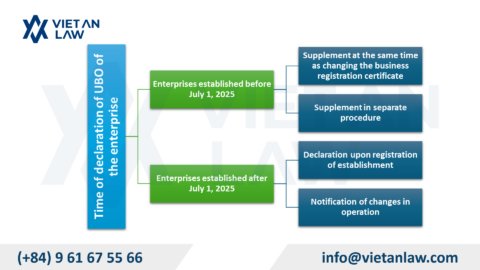Vietnam’s 10-Year Golden Visa Program is currently in the proposal stage and does not yet have an official legal basis. This proposal was submitted by the Vietnam Tourism Advisory Council (TAB) to the Prime Minister in early 2025, aiming to attract investors, experts, and long-term tourists, while enhancing Vietnam’s competitiveness compared to regional countries such as Thailand and Malaysia.
At present, the program has not been officially issued, nor is there a specific legal document regulating it. However, under the current law, the issuance of long-term visas to foreigners in Vietnam is governed by the Law on Entry, Exit, Transit, and Residence of Foreigners in Vietnam. This law regulates visa types such as DT1, DT2, DT3, and DT4 for investors, with durations ranging from 1 to 5 years depending on the investment level.
To make the 10-Year Golden Visa program a reality, it is necessary to amend or supplement existing legal documents or issue new decrees and circulars to provide clear guidance. This will ensure the program’s legality and transparency, while creating favorable conditions for foreigners who wish to invest, work, and live long-term in Vietnam.
Global and Regional Trends
Worldwide, the “Golden Visa” is a form of long-term residency granted to foreigners who make significant financial investments or contributions to the host country. Vietnam is currently considering joining this trend, following the success of countries like Thailand, Malaysia, and the UAE.
According to TAB’s proposal, the Golden Visa will be valid from 5 to 10 years and issued to:
Importantly, all procedures will be digitized and initially implemented in Hanoi, Ho Chi Minh City, and Da Nang.
Currently, Vietnam’s Entry Law governs visas but does not specify 10-year visas. The existing investor visas (DT1 to DT4) have durations of 1 to 5 years. To launch the 10-Year Golden Visa, the government must revise or supplement legal documents such as the Entry Law, relevant decrees, or circulars detailing residency conditions.
Vietnam is becoming an attractive destination for investors, experts, and foreigners due to:
The 10-year visa policy can help attract capital and high-quality human resources, placing Vietnam on the global residency map.
However, there are concerns:
Thailand requires a minimum investment of $250,000 USD for a 10-year visa. Malaysia’s “Malaysia My Second Home” (MM2H) program requires stable financial conditions. Vietnam, by balancing eligibility and benefits, could attract a large number of high-quality global residents.
The 10-Year Golden Visa program represents a significant step for Vietnam to deepen its integration into the global economy. It is an opportunity to attract global resources and strengthen Vietnam’s regional standing.
What do you think about this policy? How should it be implemented?
Please leave your comments below, and don’t forget to like and subscribe to stay updated on the latest residency and investment trends in Vietnam and worldwide!
If you need legal advice in Vietnam regarding:
Contact Viet An Law Firm, a leading legal advisory firm for individuals and organizations both domestic and international.
🌐 Website: www.vietanlaw.com
📧 Email: info@vietanlaw.com
📞 Hotline: +84 96 167 5566 (Zalo/Viber support in Vietnamese & English)
